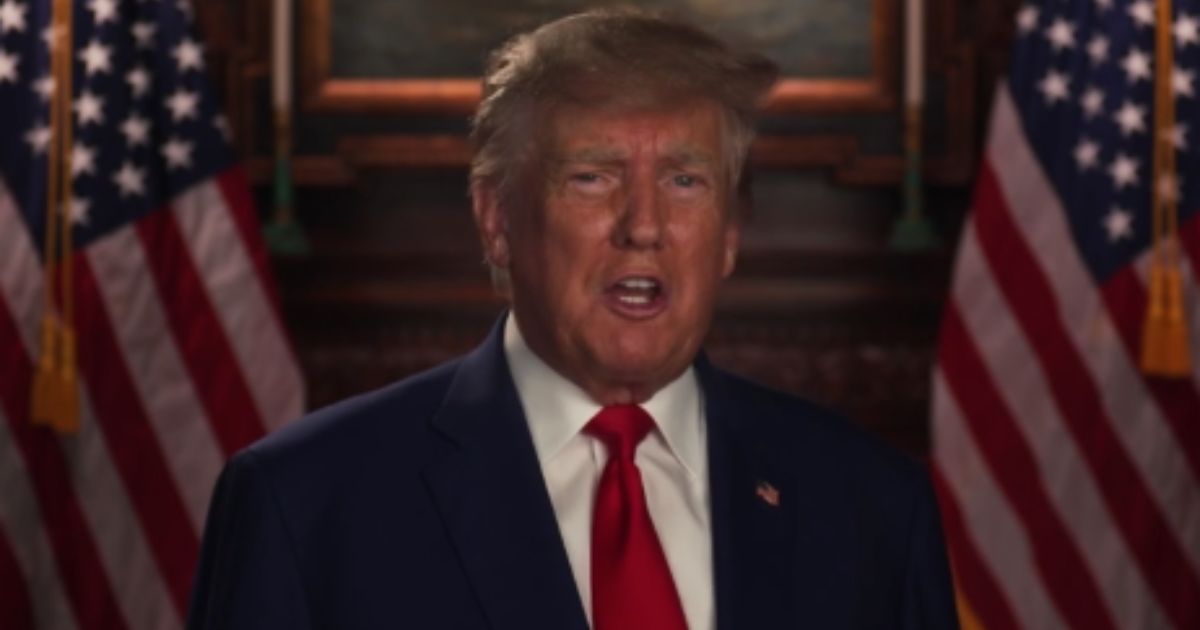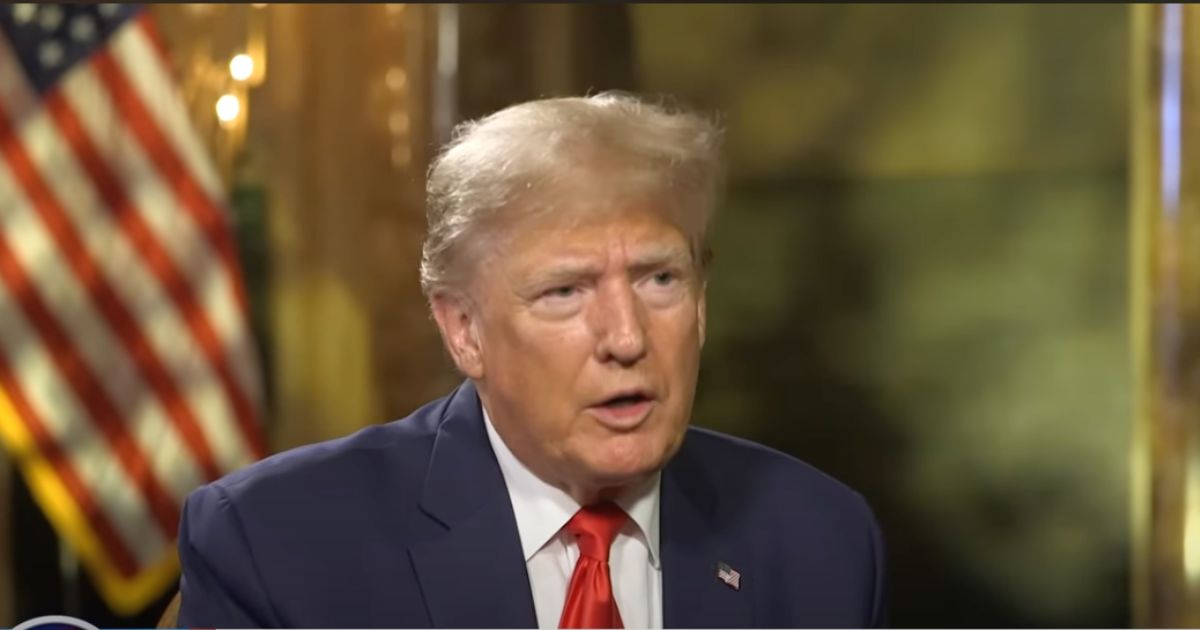Former Clinton Advisor Encourages Donors to Withdraw Support from Biden
In a bold move, a notable Democratic strategist has urged key donors to withdraw financial support for politicians endorsing President Joe Biden after his problematic debate showing.
James Carville, renowned for steering Bill Clinton's successful 1992 presidential campaign, has made a decisive call to major Democratic funders, signaling his belief in the need for a critical reconsideration of their support, as the Times of India reports.
This follows a debate performance by President Biden that many viewed as underwhelming. Carville emphasized the importance of adapting to public sentiment, suggesting a shift away from Biden could benefit the Democratic Party.
During a confidential conference call with influential figures such as Paul Begala and Dmitri Mehlhorn, the discussion revolved around the repercussions of continuing to back Biden. The donors critically evaluated Biden's capability to lead, considering his declining poll numbers as a significant factor against his continued candidacy.
Donors Express Concern Over Biden's Political Viability
The conversation among donors included serious concerns about President Biden's awareness and his overall impact on voters' preferences in upcoming elections.
Further discussions highlighted fears that Biden's continued presence as a candidate might inadvertently drive more voters toward Donald Trump.
The group delved into potential alternatives, with Vice President Kamala Harris coming up as a possible candidate.
However, Harris's suitability was also met with skepticism, particularly concerning her ability to attract swing voters -- a critical demographic in any election.
Mehlhorn voiced concerns that Harris might even be "less appealing" to these voters than Biden, despite his current weaknesses.
Exploring Alternatives and Strategic Shifts
The debate within this influential circle wasn't purely critical. Carville pointed out the timing of these revelations and discussions as potentially beneficial.
"Maybe we look back on this thing and say, ‘This is the best thing that ever happened to us,’" he suggested, highlighting the opportunity to recalibrate strategies well before the election crunch time.
The donor group, including contributors to Democratic Super PACs like American Bridge, which primarily focus on anti-Trump efforts, was urged by Carville to consider blocking further financial support unless significant changes were made. His stance was clear, suggesting he would personally cut contact with non-responsive fellow supporters.
Carville employed stark imagery to stress the urgency of addressing these issues, painting a hypothetical scenario of crisis just before the elections. He speculated that encountering such a situation closer to the election date would leave the party disastrously unprepared, indicating now was the opportune moment for reevaluation.
Potential for a New Direction in Democratic Strategy
The stakes, as outlined by Carville and other participants, are significant, not just for the upcoming election but for the broader political landscape. The central question remains: can the Democratic Party pivot in response to public and internal concerns in time to present a viable challenge in the forthcoming elections?
This strategic turmoil has sparked widespread debates not only among high-level donors but also within the broader Democratic community. Public opinion polls indicating a strong desire for change are fueling these conversations, with Carville noting that "Seventy-two percent of people want something different—why not give it to them?"
The unfolding of this strategic shift could have profound implications for the Democratic Party’s approach to the 2024 presidential race. Whether this moment of discord will translate into a realignment of support and strategy remains a critical point of observation.
Summary and Forward Outlook
In conclusion, the discussions initiated by James Carville among Democratic donors highlight a significant crossroads for the party.
Donors are reconsidering their support following President Biden’s lackluster debate performance and broader concerns about his election viability.
The discussion explored potential alternatives and the strategic necessity of adapting to changing public sentiment, encapsulating a moment of potential transformation within the Democratic Party leadership and approach.





